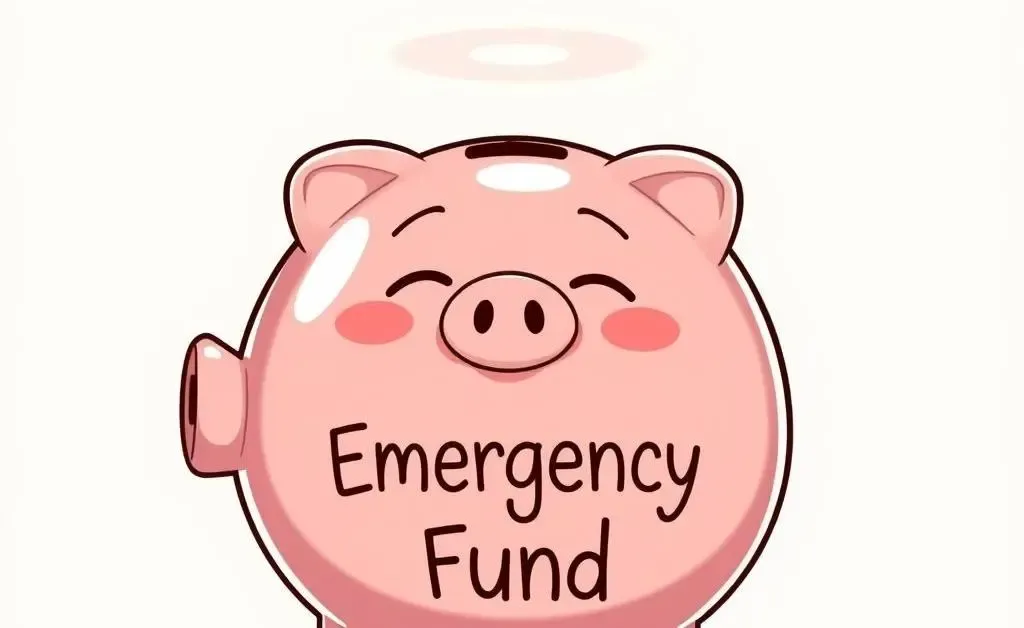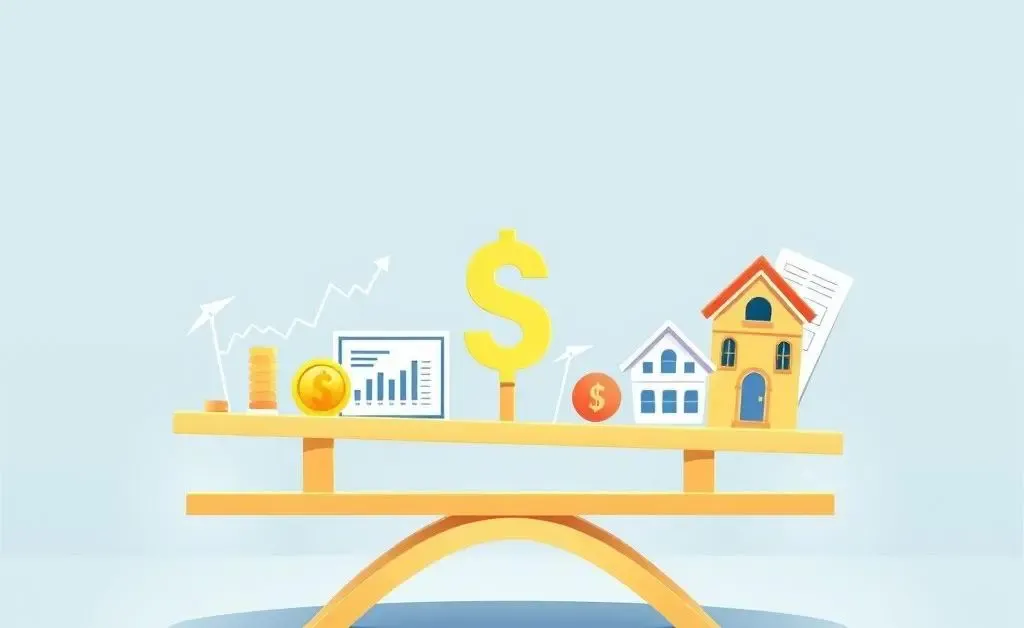Smart Investing: Where to Safely Park Your Money When You're Between Jobs
Learn safe, smart investing decisions for your money when job hunting.

Hey there! So, you've got some money stashed away but currently find yourself between jobs. It's a tricky spot, right? The first thought probably streaming through your mind is, "How do I make this money work for me without taking crazy risks?" Well, you're not alone.
Building an Emergency Fund
Before we dive into investments, let’s talk about an emergency fund. When you're uncertain about stable employment, having a safety net is crucial. Experts recommend saving three to six months' worth of living expenses, but it might make sense to lean on the conservative side for now. Let your money breathe a bit in a high-yield savings account. It's safe and readily accessible if you need it.

Smart Investing: Safety First
Once your emergency fund is set, it's time to think about where to park the rest. Let's explore some safe investment options that help you sleep at night while potentially padding your wallet.
Short-Term Bonds and CDs
If you're looking for low risk and liquid investments, Certificates of Deposit (CDs) or short-term bonds could be your jam. They offer better returns than your average savings account, though they do require locking your money away for a bit. Think of these as your loaf of sourdough in a locked bread box—it'll still be good in a few months, assured!
Consider Stock Market Index Funds
Now, if you're feeling a bit more adventurous and are willing to ride the waves, index funds like the S&P 500 can be your ticket. Not sure what this is? Imagine buying a teeny tiny piece of the top 500 companies. It's diversified, affordable, and generally safer than buying individual stocks, with average returns of about 7% annually after inflation. Just be sure you're in it for the long haul to smooth out the bumps in the road.

Consulting a Financial Advisor
Of course, if you're overwhelmed or unsure, that's okay. Consulting with a financial advisor can provide tailored advice that's just for you. It might cost a bit upfront, but the peace of mind and potential growth could be worth it.

Conclusion: Confidence in Financial Security
By ensuring your emergency fund is solid and your investments align with your risk tolerance, you’re already leagues ahead. Think of this period as an opportunity to learn and grow financially. You’ve got this! How are you thinking of managing your investments during this transitional time?
Share in the comments, I'm curious!




